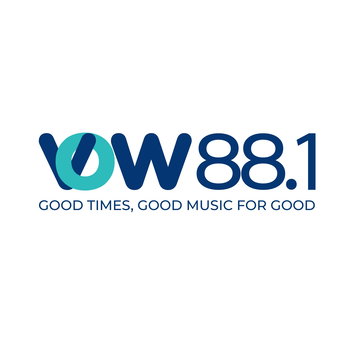
IN CONVERSATION WITH MELISSA VISSER
Loading player...
South Africa is reeling from shocking revelations that fraudulent job vacancies in Russia have been exposed as fronts for human trafficking, preying on desperate young citizens searching for better opportunities abroad. Victims were promised high-paying jobs, only to find themselves trapped in inhumane conditions, stripped of their documents, and coerced into dangerous tasks — including military-linked operations — without proper training or protection.
Adding to the outrage, some South African social media influencers played a role in promoting these so-called opportunities. Whether complicit or deceived themselves, their endorsement lent false legitimacy to the scams and widened the net of victims. Authorities, including the Department of International Relations and Cooperation (DIRCO), have confirmed they are investigating both international networks and local enablers, while urging citizens to thoroughly verify overseas job offers as traffickers increasingly exploit digital platforms.
This scandal underscores the growing threat of human trafficking in South Africa, a country already identified as a source, transit, and destination point for exploitation. It also highlights the urgent need for stronger awareness and protection measures — a mission championed by organizations such as the A21 Campaign.
Founded in 2008, A21 is a global non-profit operating in South Africa with the vision of abolishing modern-day slavery everywhere, forever. Through prevention, intervention, and aftercare, A21 disrupts trafficking networks and supports survivors in rebuilding their lives. Locally, the organization runs educational campaigns, partners with authorities, and mobilizes communities to resist exploitation.
Its well-known initiatives include the “Can You See Me?” campaign, which equips the public to recognize and report signs of trafficking, and the annual Walk for Freedom, a symbolic single-file march held in cities like Cape Town to raise awareness for the millions still enslaved worldwide.
As South Africa confronts the latest trafficking scandal, A21’s work serves as a reminder that combating this crime requires more than government investigations — it demands public vigilance, grassroots education, and survivor support. Together, civil society and state institutions can help build a future where no young person is deceived by false promises of opportunity, and where freedom is a reality for all.
Adding to the outrage, some South African social media influencers played a role in promoting these so-called opportunities. Whether complicit or deceived themselves, their endorsement lent false legitimacy to the scams and widened the net of victims. Authorities, including the Department of International Relations and Cooperation (DIRCO), have confirmed they are investigating both international networks and local enablers, while urging citizens to thoroughly verify overseas job offers as traffickers increasingly exploit digital platforms.
This scandal underscores the growing threat of human trafficking in South Africa, a country already identified as a source, transit, and destination point for exploitation. It also highlights the urgent need for stronger awareness and protection measures — a mission championed by organizations such as the A21 Campaign.
Founded in 2008, A21 is a global non-profit operating in South Africa with the vision of abolishing modern-day slavery everywhere, forever. Through prevention, intervention, and aftercare, A21 disrupts trafficking networks and supports survivors in rebuilding their lives. Locally, the organization runs educational campaigns, partners with authorities, and mobilizes communities to resist exploitation.
Its well-known initiatives include the “Can You See Me?” campaign, which equips the public to recognize and report signs of trafficking, and the annual Walk for Freedom, a symbolic single-file march held in cities like Cape Town to raise awareness for the millions still enslaved worldwide.
As South Africa confronts the latest trafficking scandal, A21’s work serves as a reminder that combating this crime requires more than government investigations — it demands public vigilance, grassroots education, and survivor support. Together, civil society and state institutions can help build a future where no young person is deceived by false promises of opportunity, and where freedom is a reality for all.

